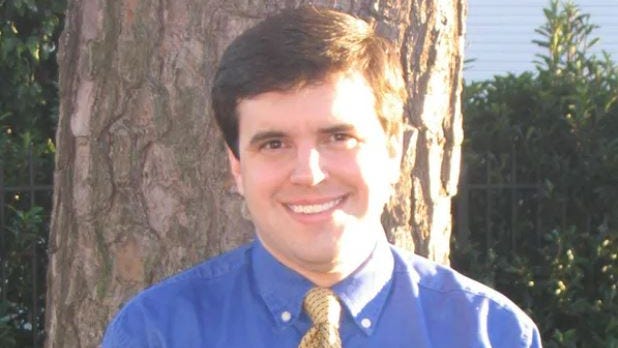
The ability to heal is an ancient and respected art. The practice of medicine, from binding wounds to folk remedies for diseases, date back thousands of years.
In the 20th century, major advances were made that eliminated many diseases and eased the suffering of countless individuals.
The expansion of medical schools allowed many more people to be able to practice medicine and to spread its availability into underserved communities. With the desegregation of universities across the South, African-Americans could receive a top-rated medical education in their home states.
Among these was Dr. Edith Irby Jones became the first African-American to attend a desegregated southern medical school and began a storied career as a leader in medicine in Arkansas and Texas.
She was born Edith Mae Irby in rural Central Arkansas in December 1927. Her father was a sharecropper and her mother was a maid. The family struggled during the Great Depression. In 1936, at the age of eight, her father died in an accident. Her distraught mother moved the remaining family to Hot Springs. Her older sister died not long afterward from typhoid fever, a condition preventable today with vaccinations. Irby later noted that her sister’s illness was the only time in her childhood they had a doctor’s appointment because they were so poor. She struggled with her own bout of rheumatic fever as a child, a disease that can cause life-long issues.
Irby graduated from a segregated high school in 1944. She excelled academically and earned a scholarship to Knoxville College in Tennessee, majoring in chemistry and biology. She graduated in 1948 and was determined to help others as a doctor. She applied to UAMS in Little Rock. She placed twenty-eighth out of 91 applicants in an aptitude test for admission. After the Supreme Court desegregated law schools starting with its decision in 1947, the UAMS board of regents decided to desegregate. Irby’s admission made national news. She became the first African-American to attend any medical school in the South. Dr. H. Clay Chenault, the vice-chancellor of the medical school stated, “It is a physical impossibility in a medical education program to offer any measure of segregation.”
In spite of the open admissions policy, Irby still faced discrimination. In 1949, she met and married Dr. James B. Jones, director of personnel and guidance at Arkansas AM&N College in Pine Bluff (what is now the University of Arkansas at Pine Bluff). They would ultimately have three children together. In 1952, she earned her medical degree. As part of a medical education, doctors enter a residency program after graduation to further learn to put their new skills into practice. The newly-minted Dr. Edith Irby Jones made history again by entering a residency program at the university hospital in Little Rock, the first African-American to serve a residency in the state.
After her residency, she set up a private practice in Hot Springs, determined to give back to the community. Though she had a thriving and popular practice, she saw a new opportunity and moved to Houston in 1959 as the first woman and first African-American internist with the Baylor College of Medicine and continued to expand her medical knowledge into cardiology. She opened a new practice in the poorest neighborhoods of Houston in 1962 to offer care to those who could not afford it. She also accepted a position as chief of cardiology at St. Elizabeth’s Hospital in Houston. The next year, she became a professor for Baylor College of Medicine. Though a teacher herself, she continued to study the latest advances in medicine through courses at medical schools in West Virginia and Illinois by the mid-1960s.
She was in high demand and gave generously of her time. She volunteered throughout the community and helped found medical clinics across Latin America. Jones was also active with Houston area schools.
In 1974, she co-founded the Association of Black Cardiologists. She also began supervising new doctors in their residencies with the University of Texas Health Science Center. In 1985, she became the first woman president of the National Medical Association, the oldest medical association for African-American doctors. In 1986, building on her years of advocacy for civil rights and access to medicine for those in need, she co-founded Physicians for Human Rights. She was named Internist of the Year by the American Society of Medicine in 1988.
The City of Houston honored her work by declaring Edith Irby Jones Day in 1986, and she received numerous honorary doctorates and awards for her work. As she moved into her sixties, she continued her work in Houston and around the world. She founded a medical clinic in Haiti in 1991 and founded another in Mexico. Both still bear her name. “It is when we give of ourselves that we truly give,” she once said. “Medicine continues to be a service we can render to all.” In 2004, she was admitted into the University of Arkansas College of Medicine Hall of Fame and was one of the first women named to the Arkansas Women’s Halle of Fame in 2015. She died quietly at her home in Houston in July 2019 at age 91.
Ken Bridges is a writer, historian and native Texan. He holds a doctorate from the University of North Texas. Bridges can be reached by email at drkenbridges@gmail.com.




